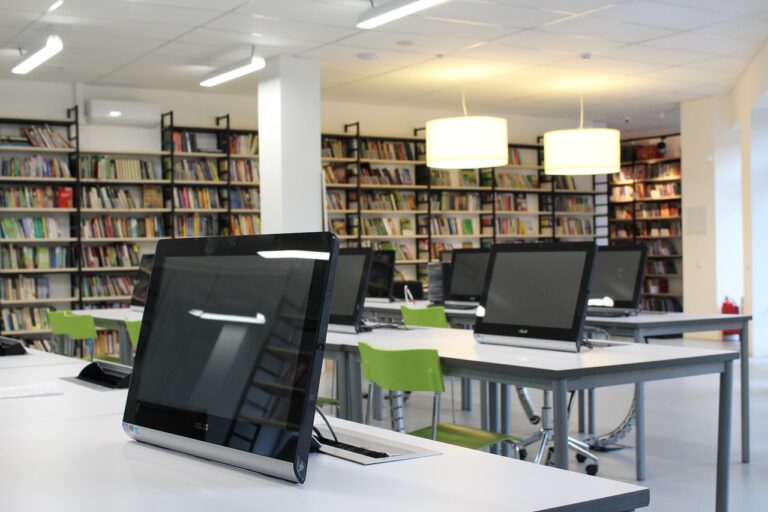Examining the Impact of Social Media on Education
Social media has a rich history in the realm of education, with its roots tracing back to the early 21st century. As social networking platforms gained popularity among the general public, educators began to recognize the potential of incorporating these tools into the learning environment. Platforms like MySpace and later Facebook paved the way for teachers to connect with students outside the classroom and share resources in a more interactive manner.
The utilization of social media in education continued to evolve with the emergence of platforms specifically designed for educational purposes, such as Edmodo and Schoology. These platforms offered features tailored to the needs of educators, allowing for seamless communication, content sharing, and collaboration among students and teachers. As social media became more ingrained in daily life, its integration into educational settings became increasingly commonplace, revolutionizing the way students learn and interact with course material.
Benefits of Social Media in Education
One significant advantage of incorporating social media into education is the enhancement of communication between students and teachers. Platforms like Facebook, Twitter, and Instagram provide convenient channels for students to ask questions, seek clarification, or engage in discussions outside of the classroom. This ease of communication fosters a more collaborative and interactive learning environment, where students can connect with their peers and educators effortlessly.
Additionally, social media platforms offer a wealth of educational resources and tools that can supplement traditional teaching methods. Teachers can leverage these platforms to share articles, videos, and other relevant content with their students, enriching the learning experience and catering to diverse learning styles. Moreover, students can access a plethora of educational materials online, enabling them to explore different perspectives, conduct research, and deepen their understanding of the subject matter.
How has social media been utilized in education historically?
Social media has been used in education for many years, with early examples including online forums and blogs for communication and collaboration among students and teachers.
What are some benefits of using social media in education?
Some benefits of using social media in education include increased student engagement, improved communication between students and teachers, and the ability to share resources and collaborate on projects.
Can social media be used as a tool for distance learning?
Yes, social media can be a valuable tool for distance learning, allowing students and teachers to connect and engage in virtual classrooms, discussions, and group projects.
Are there any potential drawbacks to using social media in education?
While there are many benefits to using social media in education, potential drawbacks include concerns about privacy, cyberbullying, and distraction from academic work.
How can educators effectively integrate social media into their teaching practices?
Educators can effectively integrate social media into their teaching practices by setting clear guidelines for use, establishing boundaries for appropriate behavior, and providing training and support for students and teachers.





